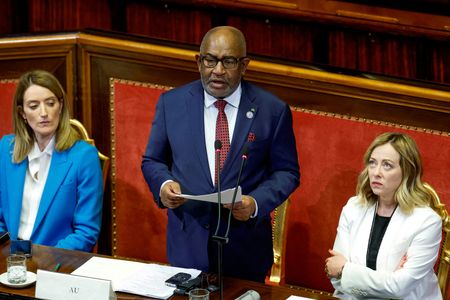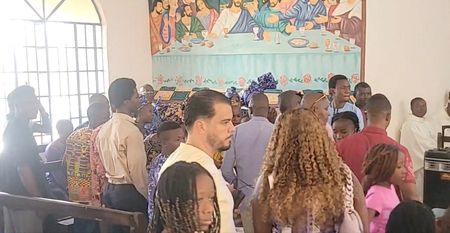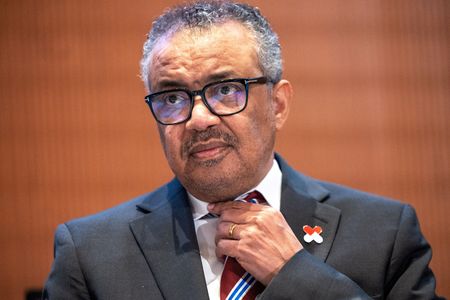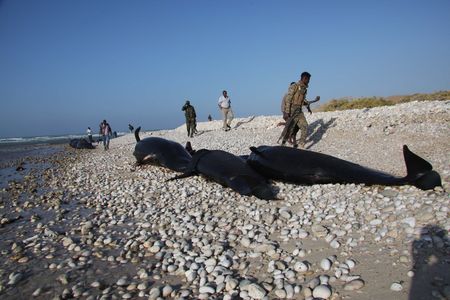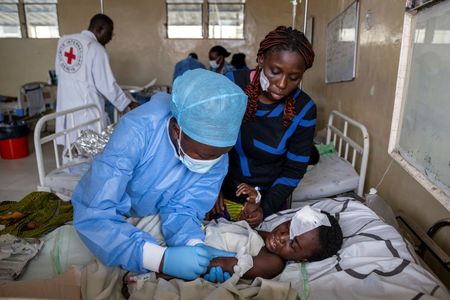MORONI (Reuters) – Comoros President Azali Assoumani, who came to power in 1999 through a coup and has won four elections in the Indian Ocean archipelago nation since 2002, has denied he intends to hand over power to his son.
Assoumani said on Thursday in a speech to supporters on the island of Moheli: “I will place my son to replace me as head of the state and the party.”
However, in a statement posted on its Facebook page late on Friday, the president’s office said that did not mean he intended to hand over power when he leaves office in 2029 to his son Nour El Fath.
“The government wishes to emphasise that at no time did President Azali speak of a possible succession of his son Nour El Fath, as the head of the state,” it said.
“He instead spoke of ‘a child’ who would succeed him, knowing that it is customary in the Comoros to describe every citizen as ‘a child’, without necessarily speaking of one’s own offspring.”
The statement noted the president had previously rejected the idea of “family succession” and that his successor would have to come from Anjouan, one of Comoros’ three main Islands.
According to Comoros’ constitution the presidency must rotate among the three Islands every 10 years.
El Fath would therefore not be eligible to replace his father at the end of the presidential term in 2029 unless the constitution is changed.
Assoumani’s latest election victory came in 2022, though the results were rejected by the opposition who said the poll was tainted by irregularities.
He has put his son in charge of coordinating government affairs and granted him sweeping powers over the cabinet.
His ruling party decisively won parliamentary elections this month, although opposition parties either boycotted the vote or rejected the results, claiming fraud.
Comoros has a population of about 800,000. It has witnessed around 20 coups or attempted coups since winning independence from France in 1975.
(Reporting by Abdou Moustoifa; writing by Elias Biryabarema; editing by Jason Neely)

